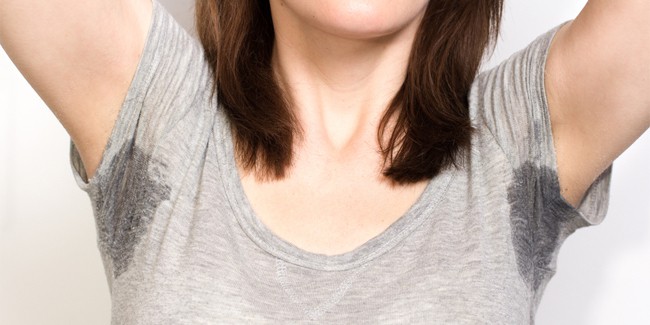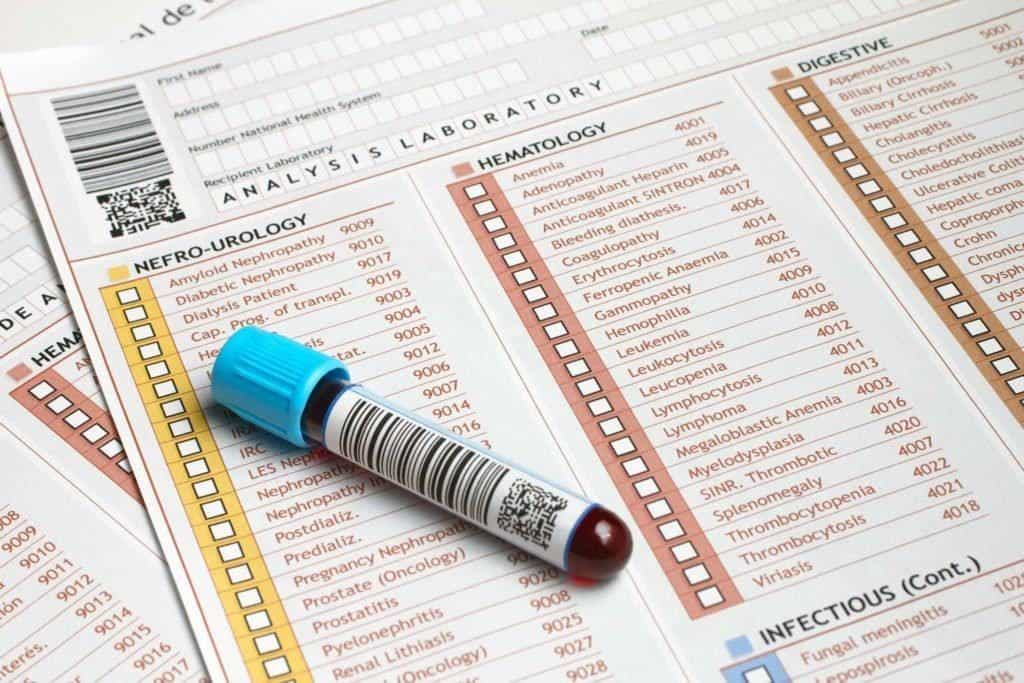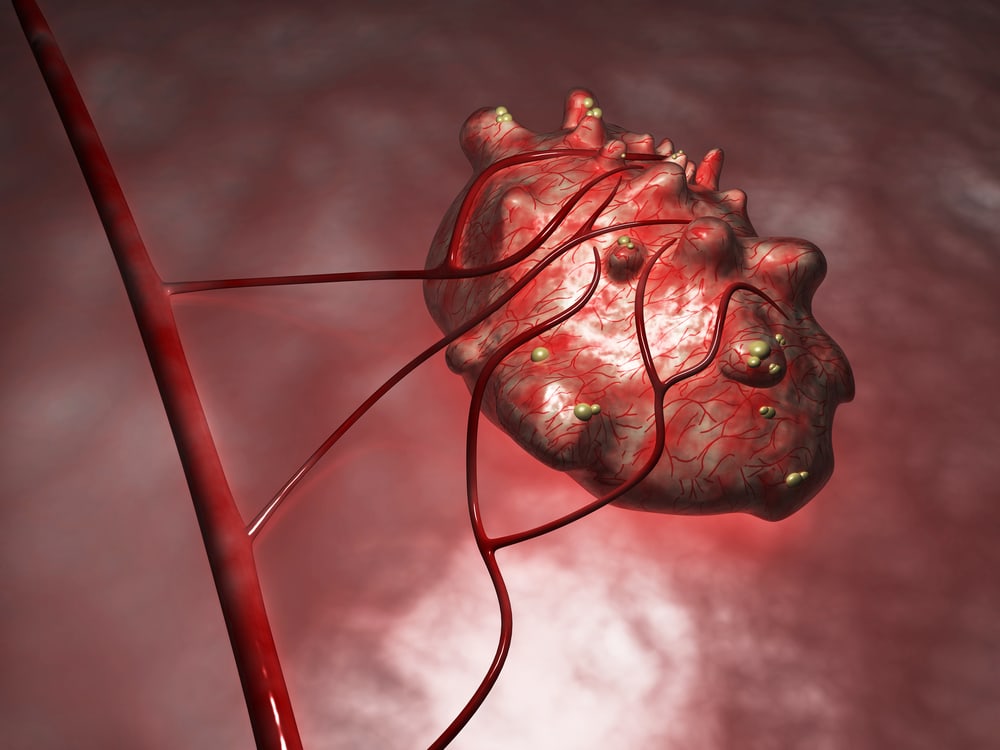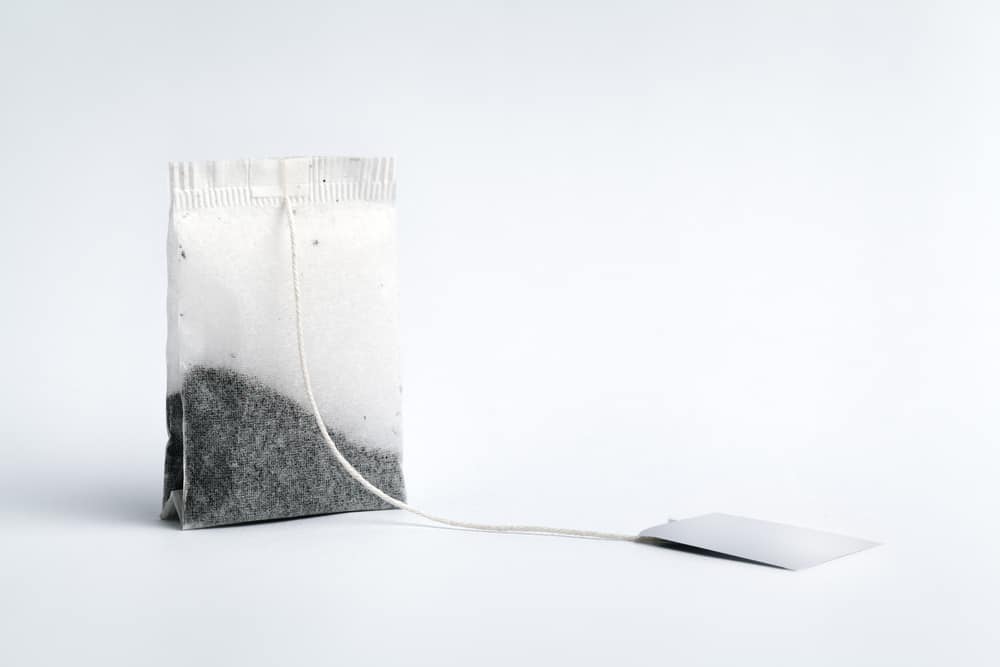Contents:
Medical Video: Dr. Oz Explains Sweat
Ever wondered why some people can exercise and only shed a small amount of sweat, while just 10 minutes of jogging on a treadmill makes you look like you've been swimming in a pool?
During this time the answer to excessive sweating only focuses on a number of certain factors, such as body fat percentage (the more fat in the body makes you faster heat) and fitness level (the more fit you are, the less sweat). In fact, it's not that simple.
To understand why some people can have excessive sweating from others, we must first understand why humans can sweat.
Why do humans sweat?
The human body is equipped with about two to five million sweat glands that are embedded in your skin and spread throughout your body. The sweat glands secrete different amounts of sweat depending on your physiological characteristics.
For example, women have more numbers of sweat glands than men, but male sweat glands tend to work more actively. That is, with the number of sweat glands activated as much and the intensity of temperature and physical activity equally, men naturally sweat faster and produce more sweat volume than women.
But besides that, how much you sweat depends on a number of other things outside your body. For example, if you are a coffee drinker, caffeine can increase sweat. Consumption of alcohol and smoking also makes it easier for you to sweat. Wearing synthetic material will trap heat in the body, which will make you swelter faster and sweat.
Increased environmental temperature and physical movements can also trigger glands to produce sweat. Fit people, for example, produce sweat more efficiently by sweating faster during exercise, when their body temperature is lower, while sedentary people (less active) will heat up faster and may sweat more when exercising with the same intensity. In addition, overweight people will produce excessive sweating than normal weight individuals because fat acts as an insulator which raises the body's core temperature.
Body size plays a role in determining a lot of sweat, not a lot of fat
One study from the University of Sydney, reported from Men’s Health, found that body size makes the difference between who tends to produce excessive sweating - not fitness. The research team studied 28 volunteers with varied variations in fitness and body size, and placed them through a series of 60 minute cycling tests at different intensities to measure the level of sweat production and changes in body temperature.
As a result, two people who have the same weight and peddle at the same speed, their bodies can heat up at the same level, even if one of them has a short and fat posture while the others are tall and slender.
It is important to note that these results do not directly reject the general assumption that people with more body fat tend to have excessive sweating. For example, people with diabetes who have a greater percentage of body fat tend to sweat more (but slower) than people who are fit. Their body takes longer to cool, but not only because of the thermal nature of the fat itself, but from the weight of the body's work to carry greater body mass.
Excessive sweating can be a sign of a problem
There are two conditions for "excessive sweating": one that is natural due to variations in human physiology and the environment (as described above) and another is a medical condition, known as hyperhidrosis. Hyperhidrosis is a condition when a person starts sweating profusely in normal, non-stressful situations and environments, and is not related to changes in temperature or movement. Three percent of the human population worldwide has hyperhidrosis. Hyperhidrosis affects three main parts: hands, feet, and armpits, which sometimes also involve other areas of the body.
The causes behind hyperhidrosis are still unknown, but many experts who suspect excessive sweat stimulation comes from activity response systems fight of flight in the hyperactive brain, it sends a distorted signal to the body's main sweat glands. That means that parts of the body that try to cool themselves continue to work endlessly, like a leaky tap. There are several non-surgical treatments for hyperhidrosis, including oral medicines such as pills, topical creams, Botox (injected into the hands, face or armpits several times), and electrical therapy.












